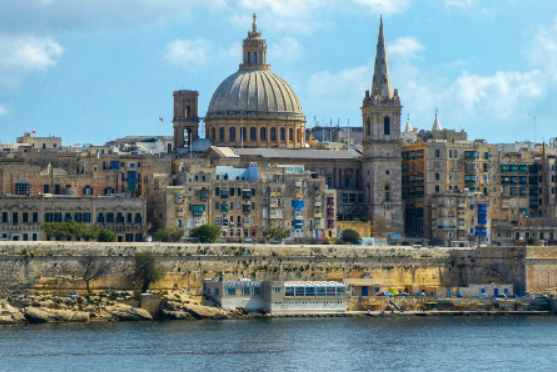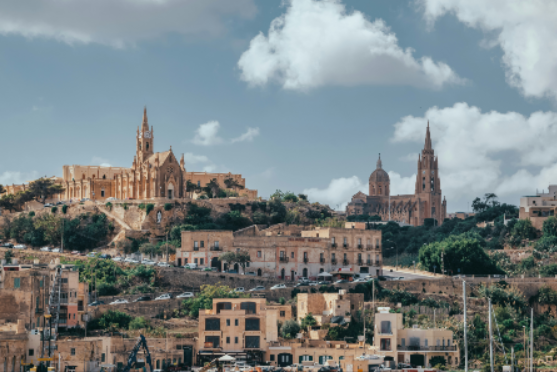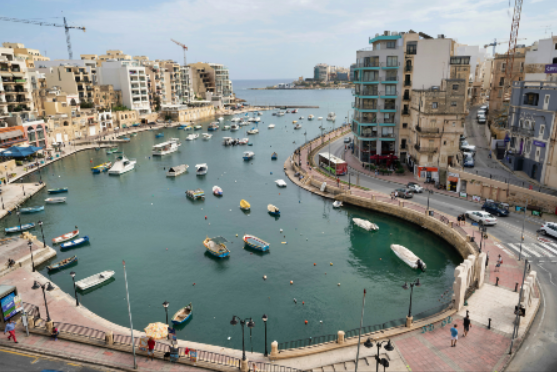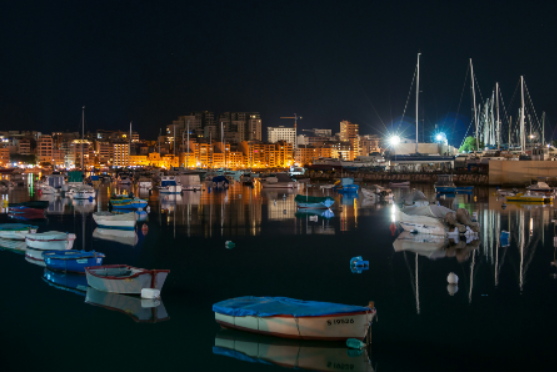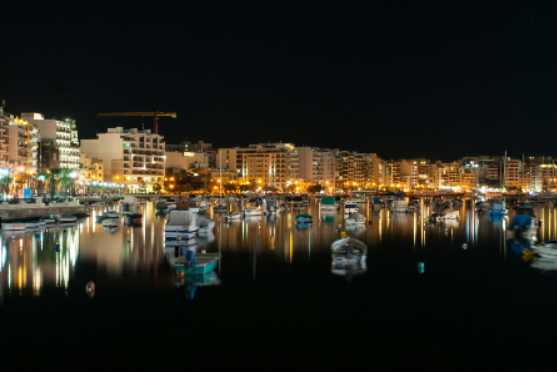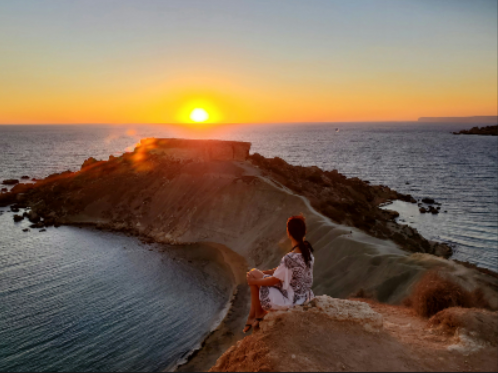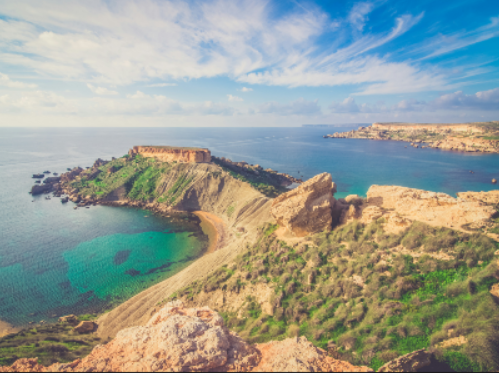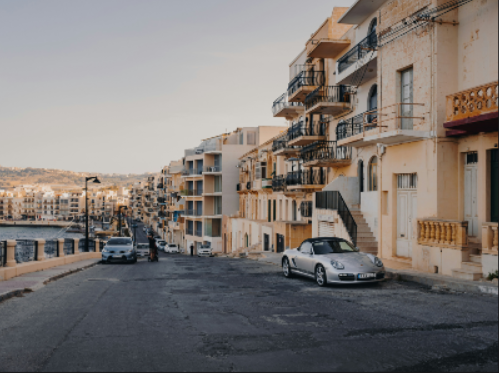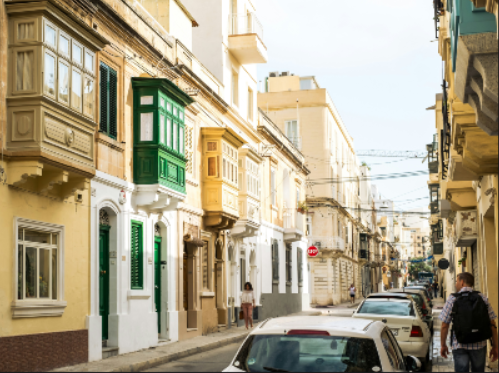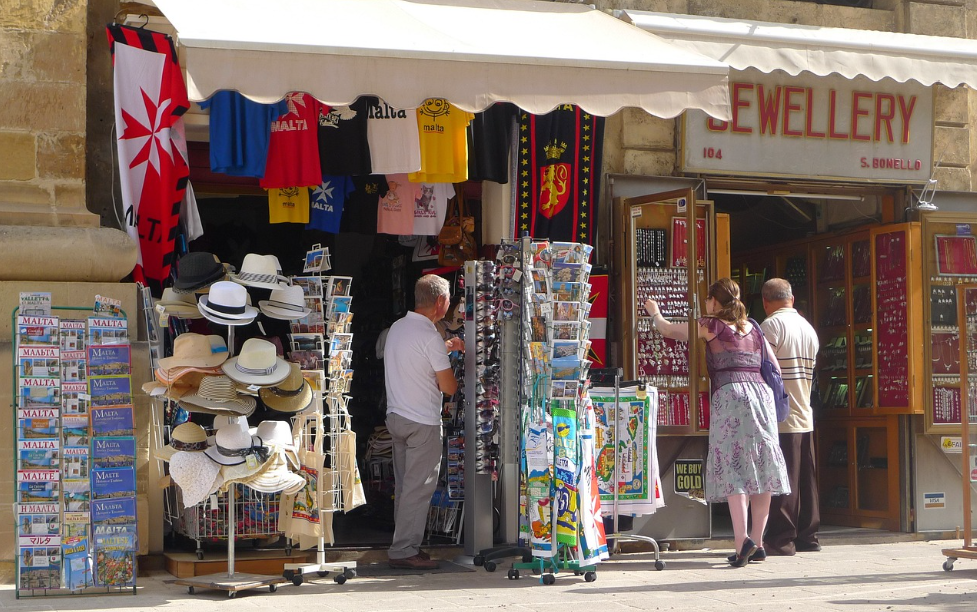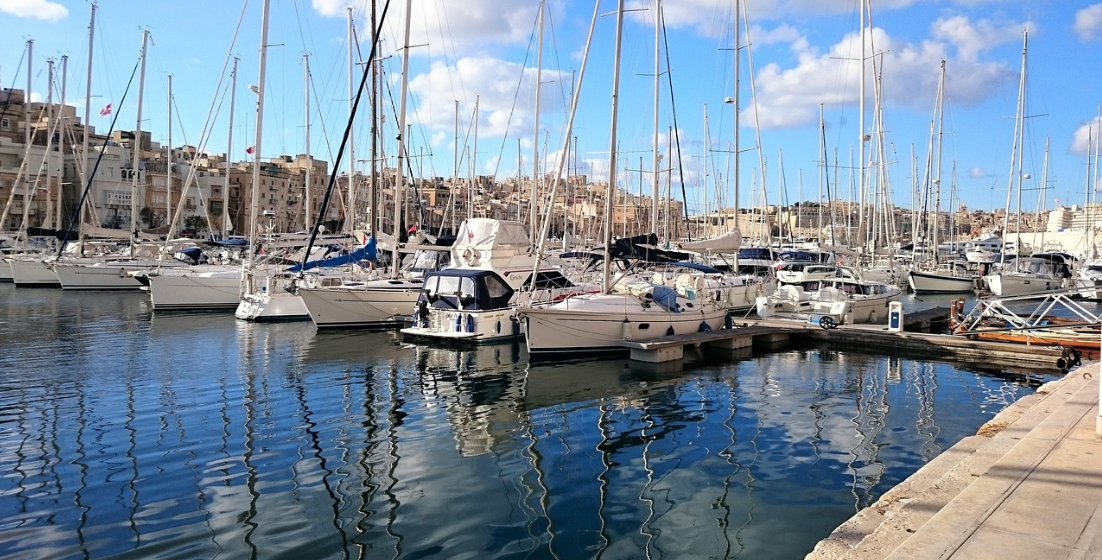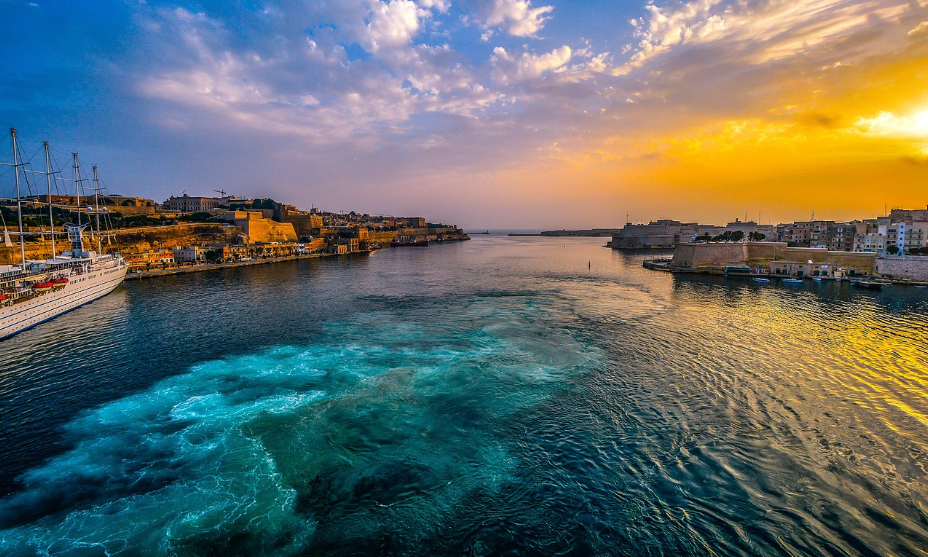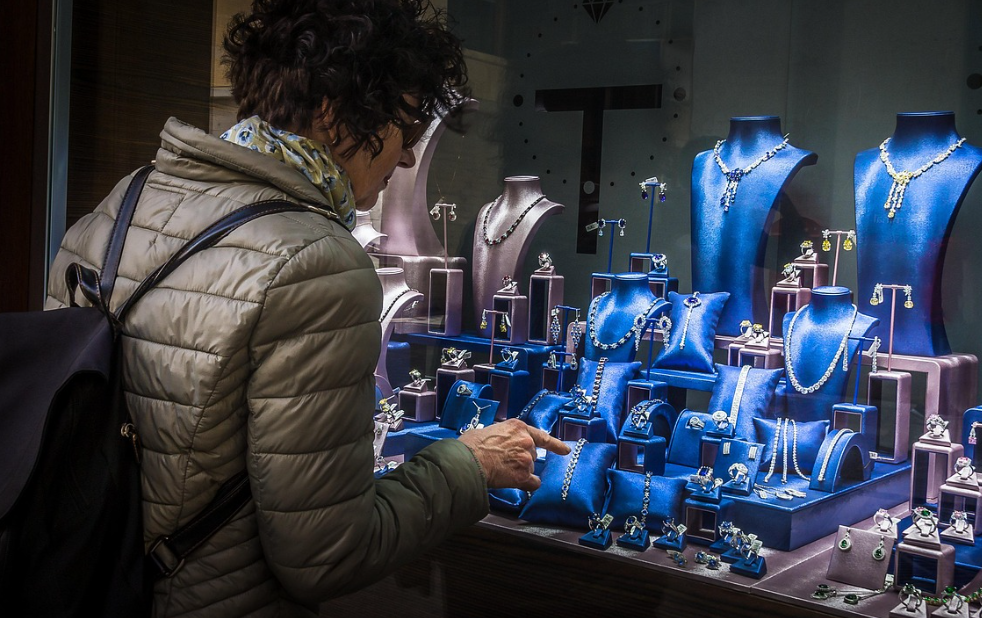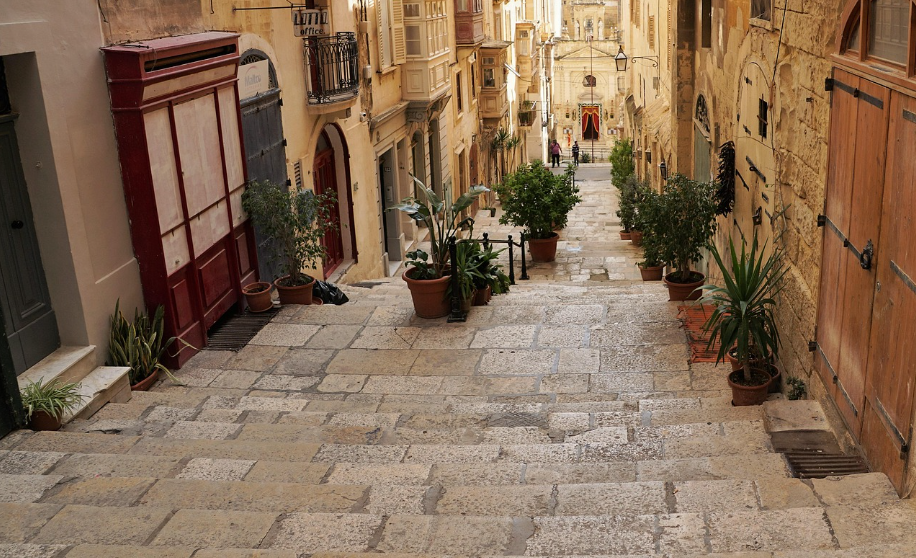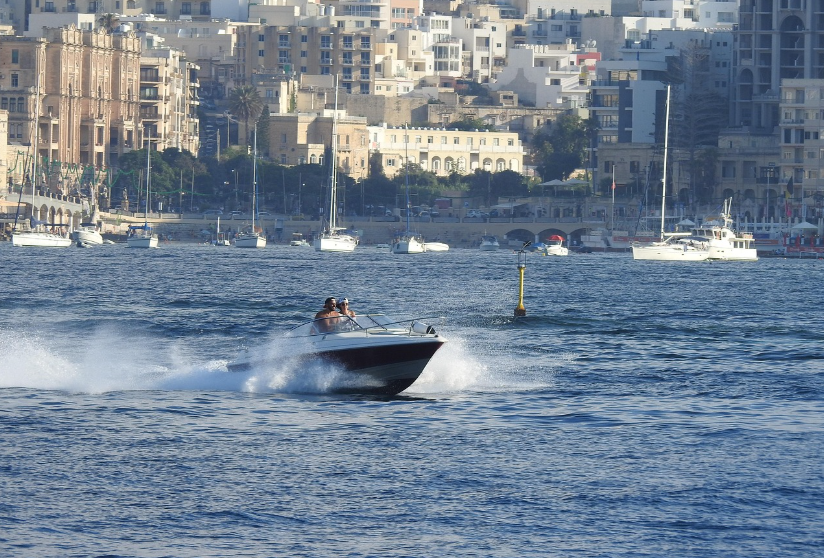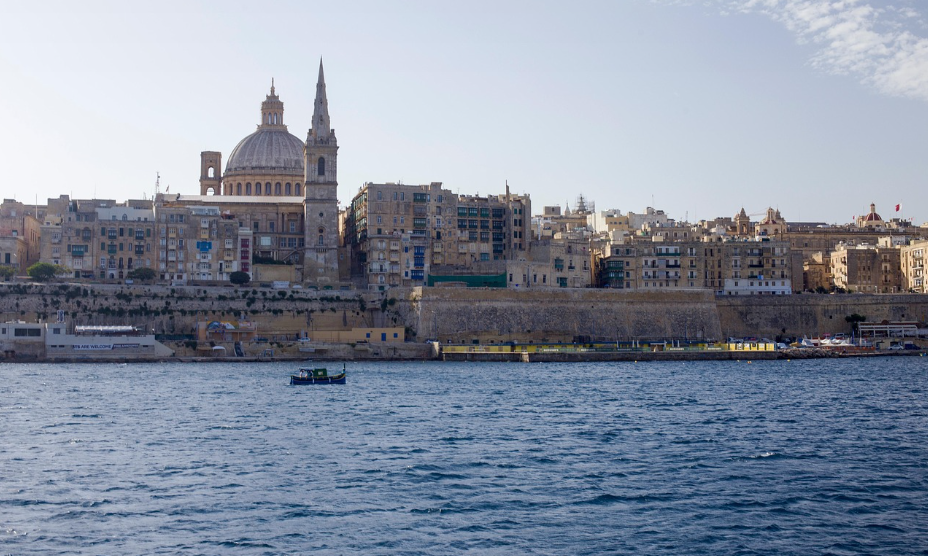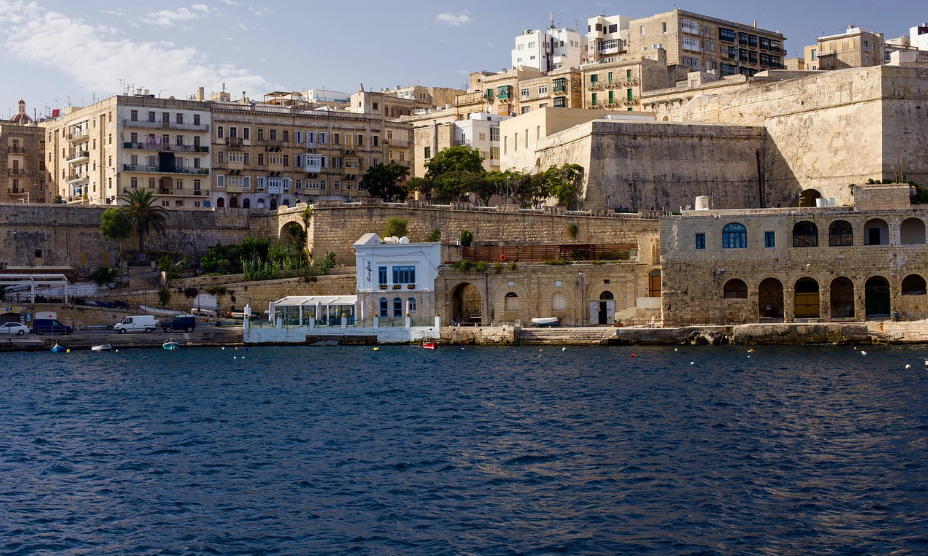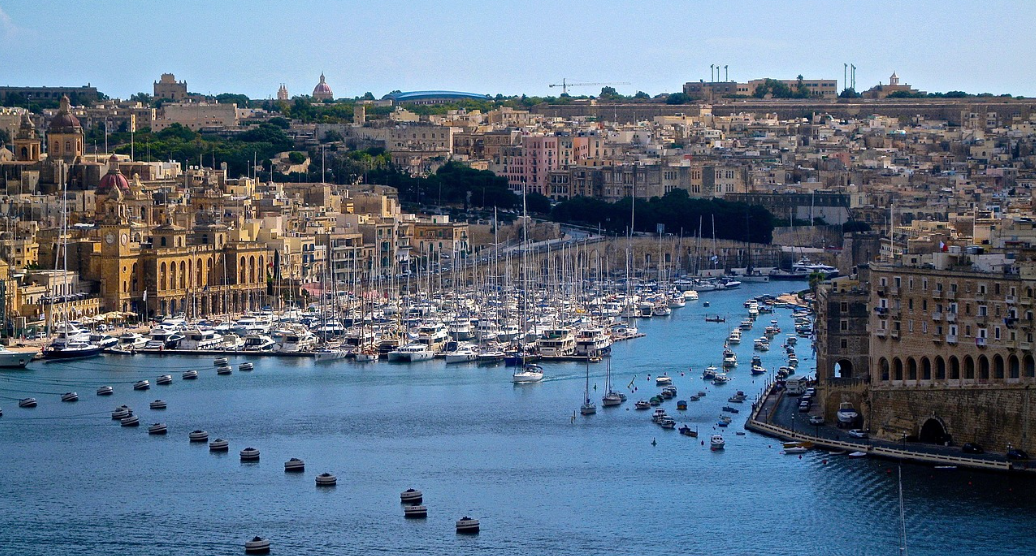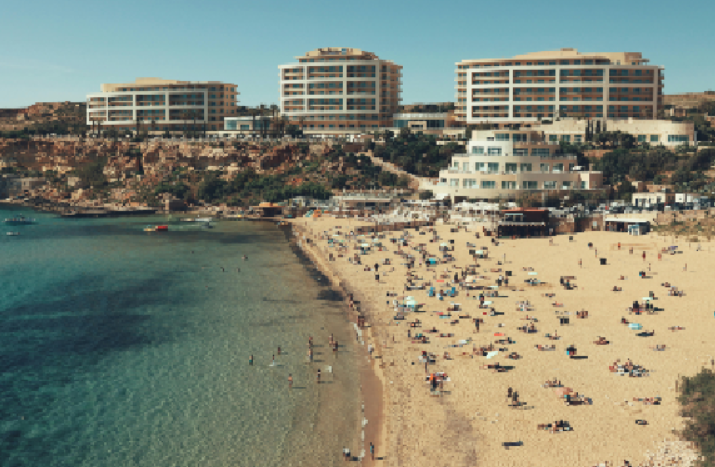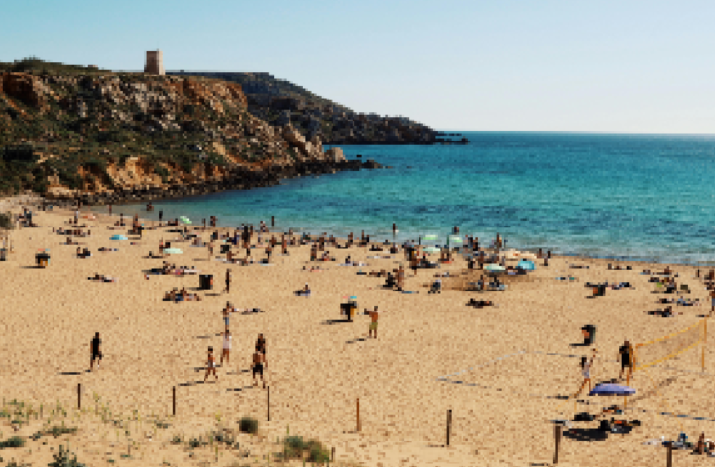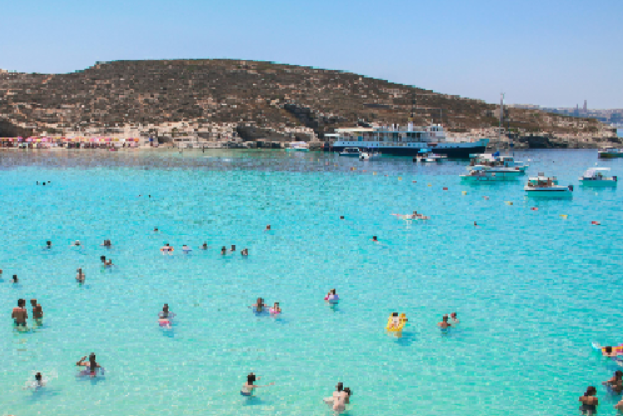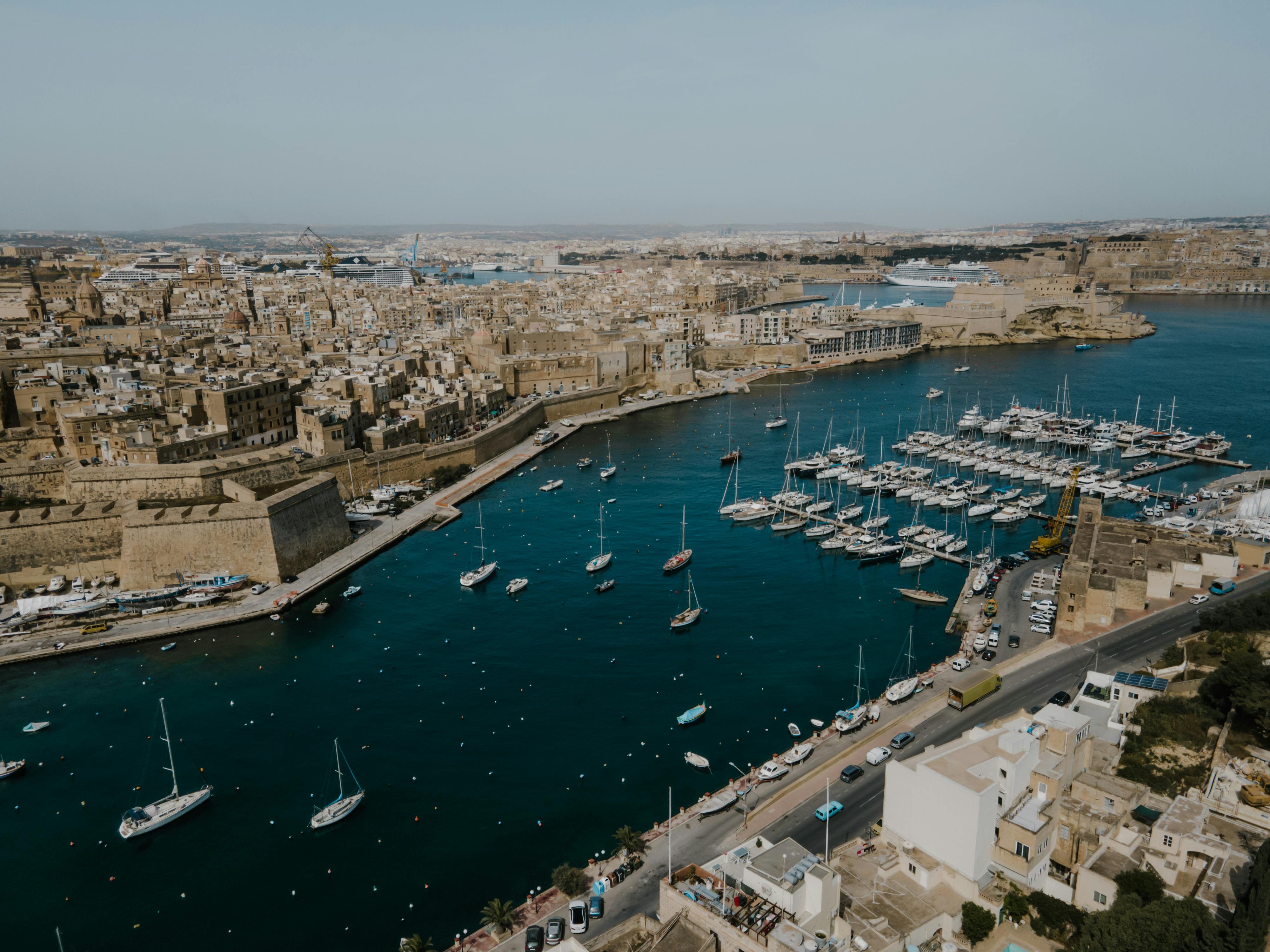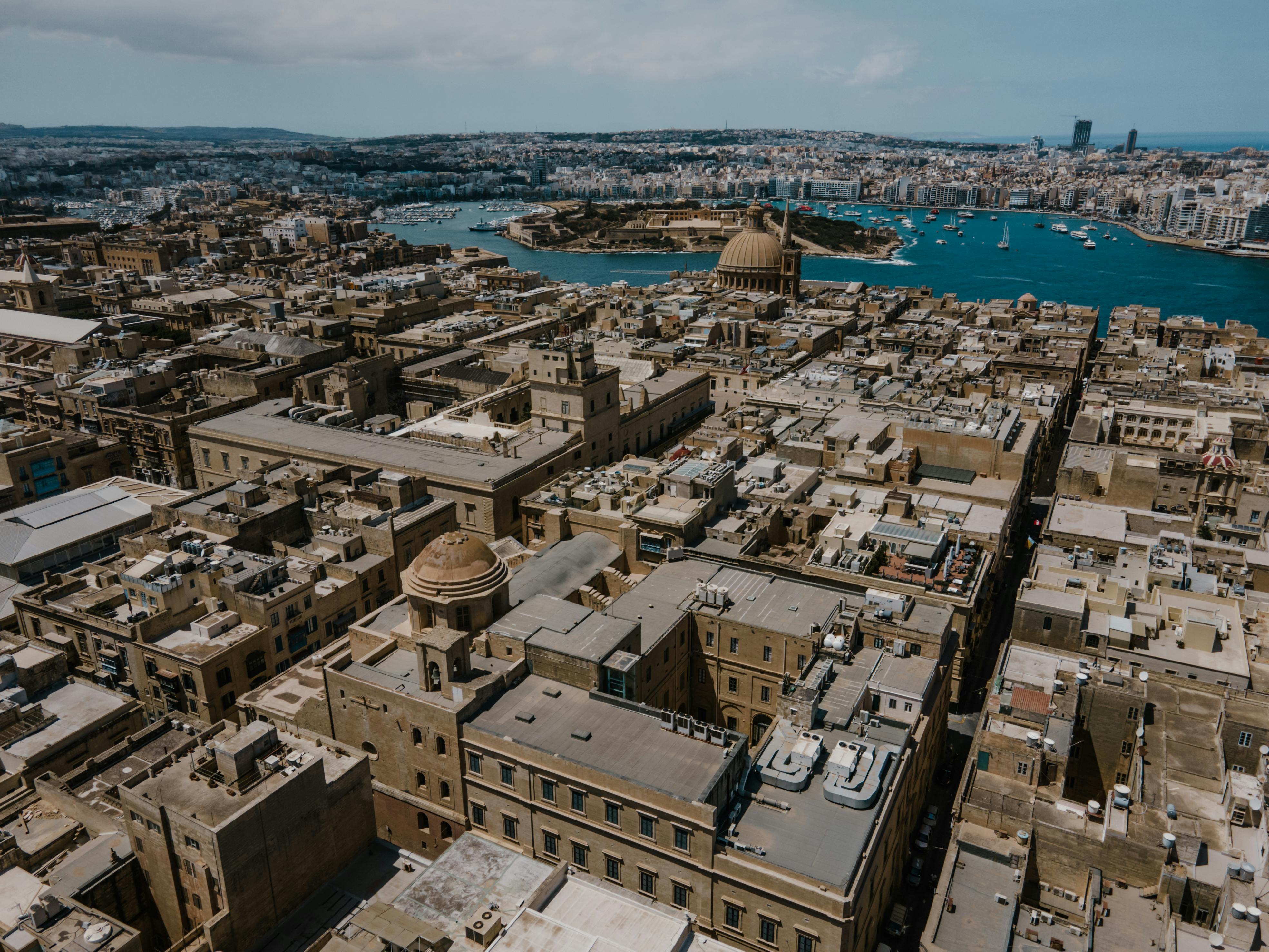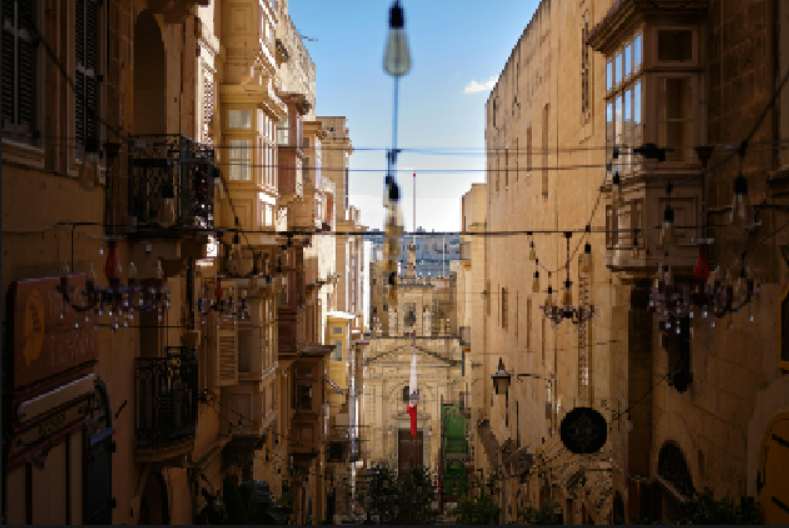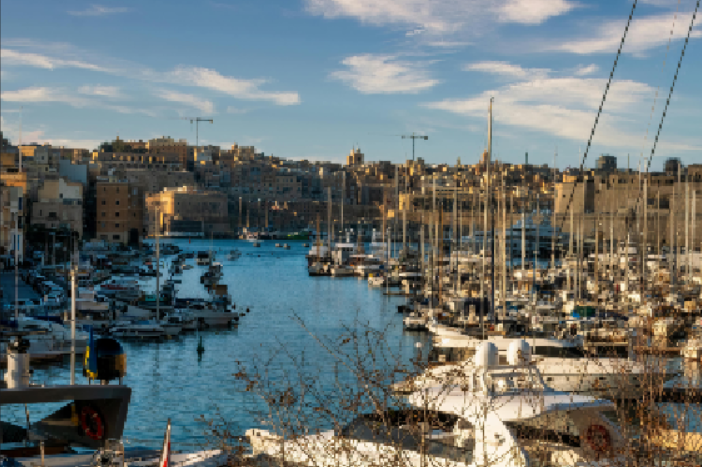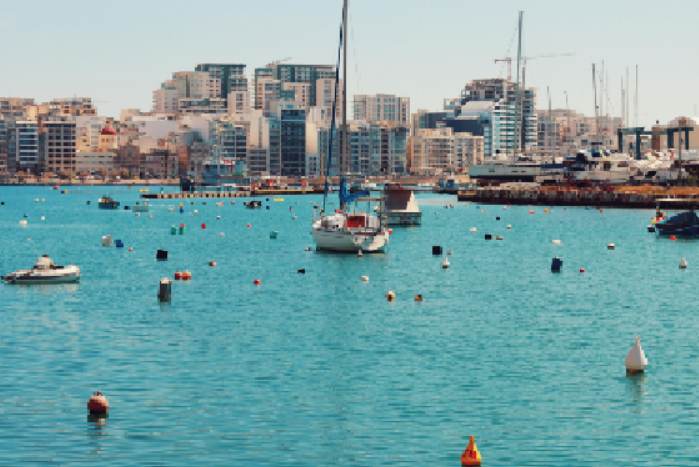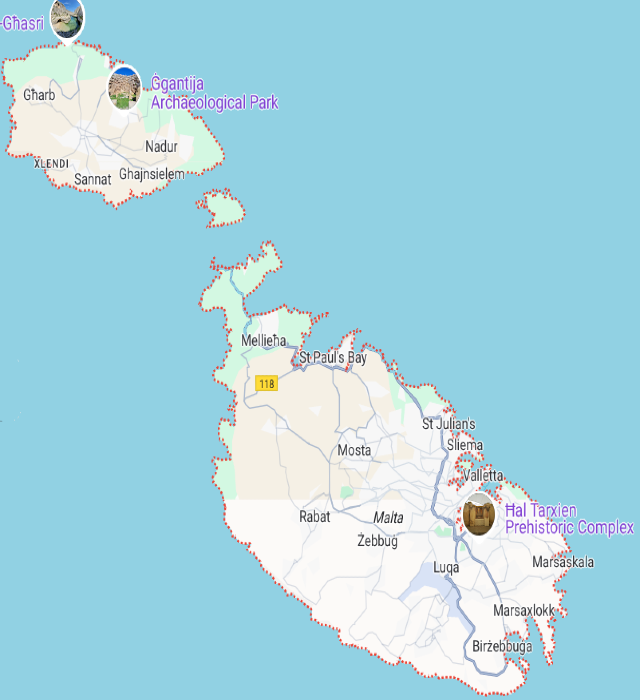
MALTA GALLERY
Malta Photo's And Videos
Nestled in the heart of the Mediterranean some 58 miles South of Sicily, the archipelago of Malta is small – it is the 10th smallest country in the world by area, in fact – yet nonetheless it has played an oversized role in history.
A natural harbour, whoever holds Malta has easy access to Europe, Northern Africa and the Middle East, something not lost on the powers of world history. Since the first people on the islands arrived around 5,900 BC, Malta has fallen under the control of the Phoenicians, Carthaginians, Romans, Arabs, Normans, Aragonese, Crusaders, French, British and others, before finally becoming an independent nation in 1964.
Malta became a pilgrimage hot-spot on the sea route to the Holy Land. It was lauded as the ‘Nurse of the Mediterranean’ for its part in treating soldiers injured at Gallipoli during the First World War. In 1942 King George VI awarded the George Cross (the highest British honour awarded for non-military gallantry) to Malta in its entirety, for withstanding a two year siege during the Second Word War.

